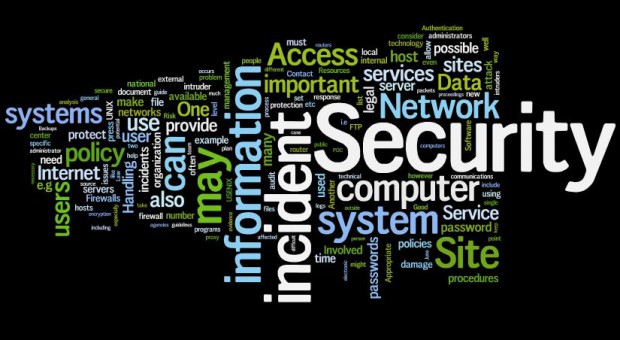
Data protection around the world is a global issue. As such, countries around the world have developed enforceable data protection legislation to regulate information security. Privacy International confirms that effective data protection is the only way that citizens and consumers can have confidence in both government and business. European Data Protection The European data protection […]







